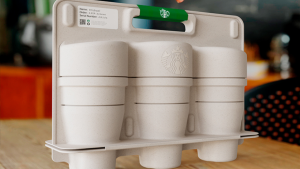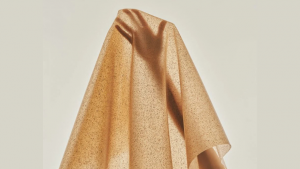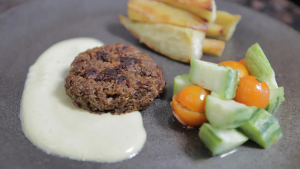Much of Vietnam’s agricultural land is used to grow rice, and every harvest (twice a year) the farmers burn the rice straw to get rid of this waste material. Across Vietnam 50 million tons of rice straw is burnt every year and the smoke from the fires is bad for the health of the local community – causing respiratory problems in children especially – and the greenhouse gases emitted by the flames are also bad for the environment. In between harvests the rice farmers seek employment in cities far from their homes.
Social entrepreneur Trang Tran comes from a rice farming community. Her desire to find a sustainable use for the rice straw and provide her community a means of earning a living throughout the year led her to developing a method of cultivating mushrooms in the rice straw. Her mushroom growing start-up is called Fargreen, named because she envisions her farmers as going far by going green. Tran founded Fargreen with her friend Thuy Dao.
The Fargreen system is environmentally and socially friendly on several counts: it provide the farmers with steady work in a trade they are already proficient in; it uses a waste organic matter as the mushroom substrate; the left-over straw after a mushroom-growing cycle is then suitable for use as a viable bio-fertiliser.
Fargreen produces sustainable, high-quality, edible mushrooms, which are sold in local and international markets and to restaurants. The company also dries and salts mushrooms and is looking to upscale their production in the coming years.
Tran believes that social entrepreneurship has a central role in sustainable development. Fargreen has a cradle-to-cradle business model, where no waste is added throughout the whole production process. Vietnam is the world’s fifth-largest rice-producing country, and the grain is the nation’s staple foods.















